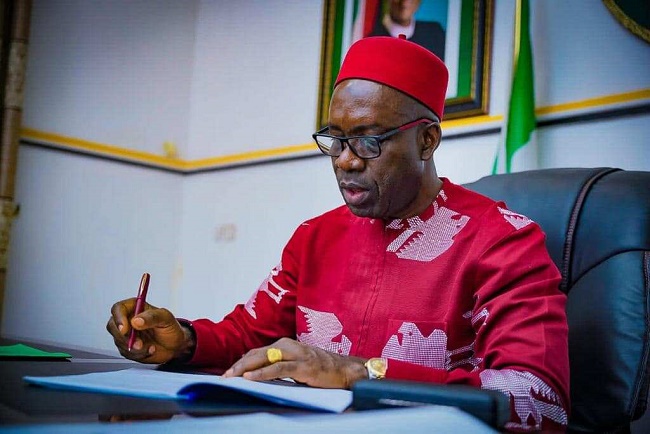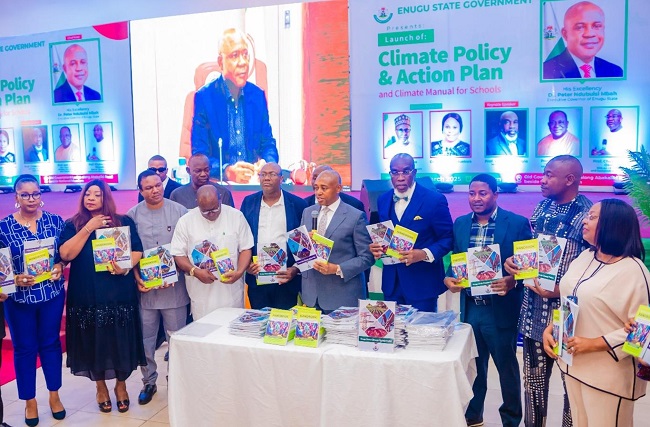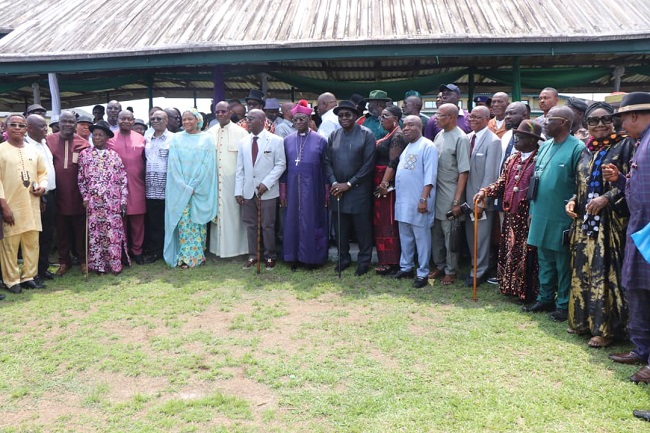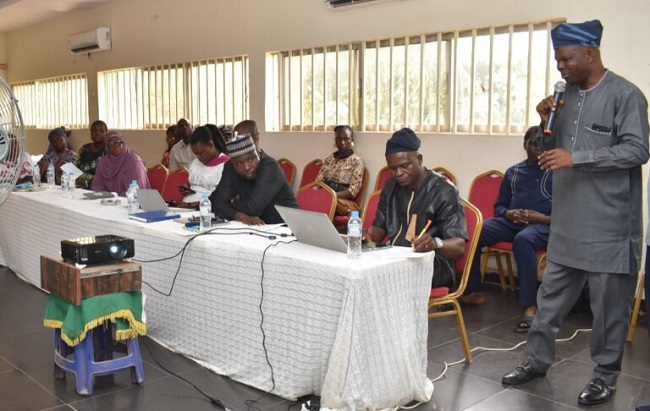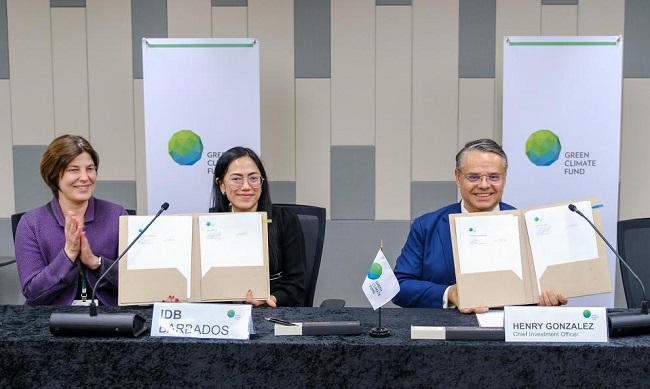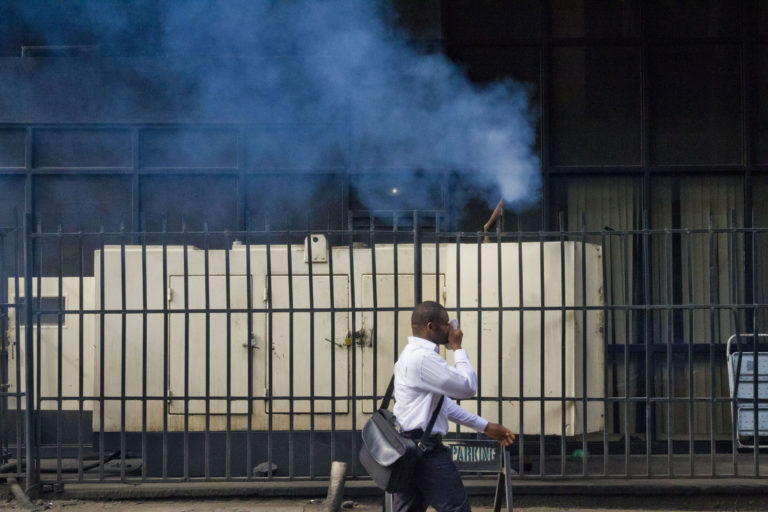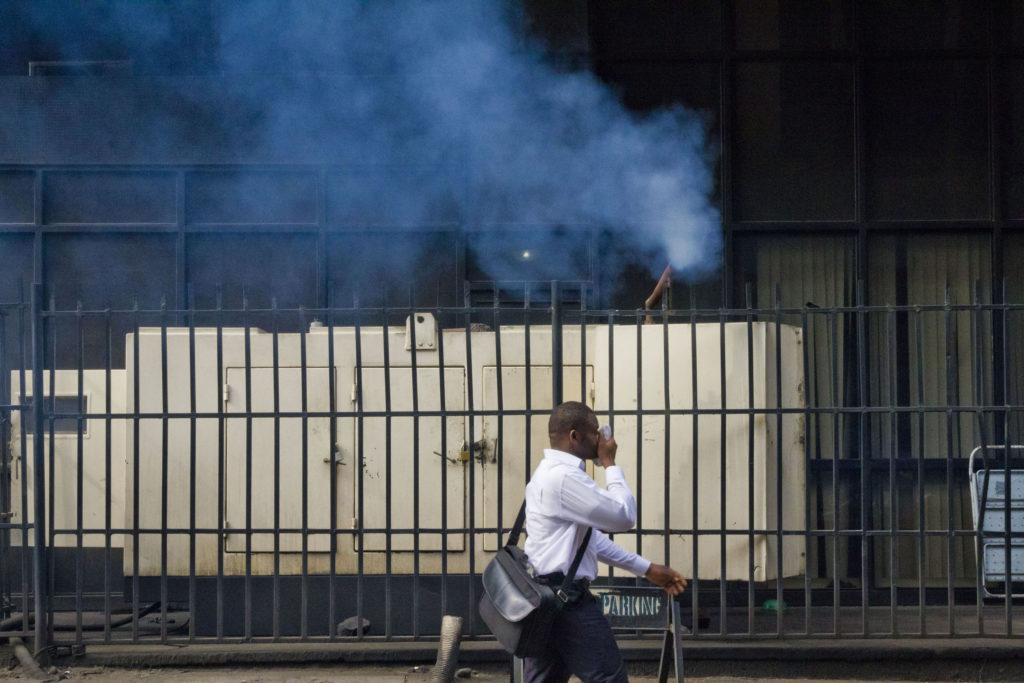The Federal High Court (FHC) in Abuja on Tuesday, March 18, 2025, dismissed the Nigeria National Petroleum Company Limited’s (NNPCL) objection against a suit filed by the Dangote Petroleum Refinery and Petrochemicals FZE over oil import licence dispute.

Justice Inyang Ekwo, in a ruling, dismissed the objection on the grounds that the application was incompetent.
Justice Ekwo held that the NNPCL ought to have filed a defence in the form of a counter affidavit to the Dangote Refinery’s originating process before raising an objection.
“It is pertinent for parties to note the distinction between ‘demurrer proceedings’ and ‘proceedings in lieu of demurrer’.
“The difference is that, in the former, the defendant need not file statement of defence but, in the latter, a statement of defence is a sine qua non for an applicant wishing to raise preliminary issues for trial,” he said, citing previous cases to back the decision.
The judge said under the procedure in lieu of demurrer, any party is entitled to raise, by his pleading, any point of law and any point so raised may be disposed of by the trial court at or after the trial.
“Unlike in the abolished demurrer procedure, where the applicant does not need to file a statement of defence before raising the point of law in contention. This is not so under the procedure in lieu of demurrer.
“The point of law must be raised first in the statement of defence before the applicant can proceed to file his objection in which the point of law is again raised for determination before the trial.
“The essence of pleading the objection in the statement of defence and filing a motion to raise the same is to give the adverse party notice of what to expect at the trial by way of defence or preliminary objection to the suit.
The judge observed that the NNPCL, in its preliminary objection, challenged the jurisdiction of the court, among the six issues it raised.
He said grounds one to five of the objections are referred to as points of law.
Justice Ekwo, however, held that where a defendant seems to challenge the jurisdiction of the court, it is the provision of Order 29 of the Federal High Court Civil Procedure Rules (FHCCPR), 2019, that would be applicable, and which the NNPCL failed to comply with.
He said that the NNPCL, having not complied with the provisions of the FHCCPR 2019, had not filed a competent preliminary objection.
“The preliminary objection must be struck out and I so hold,” he ruled.
Also delivering ruling on the Dangote Refinery’s motion on notice filed to amend its originating motion by correcting the name of the Nigerian National Corporation Limited to read Nigerian National Company Limited (NNPCL), the judge dismissed the company’s argument.
Justice Ekwo held that the issue of a mistake in names was just a misnomer in law, which can be corrected at any stage, even while on appeal.
He said: “Where the court is faced with application for amendment, there are relevant issues for consideration which include the attitude of the parties, nature of the amendment, question in controversy,” among all other relevant considerations.
He said the law does not allow a party to file a preliminary objection to stop an application for amendment.
According to him, technical errors, like mistakes in writing, are treated as misnomer.
Besides, the judge held that NNPCL would not suffer any miscarriage of justice if the refinery is allowed to amend the suit.
Justice Ekwo, consequently, made an order directing Dangote to amend its suit by correcting the NNPCL to read Nigerian National Company Limited (NNPCL) instead of Nigerian National Corporation Limited.
He also ordered the refinery to file the amendment within 14 days of the order and granted each defendant 14 days each to file and serve their responses.
The judge also dismissed the application filed by the Federal Competition and Consumer Protection Commission (FCCPC) seeking to join the suit as a defendant.
The judge held that the issues raised in the suit did not affect the commission and that FCCPC was not a relevant party to the case.
Justice Ekwo adjourned the matter until May 6 for further mention.
Justice Ekwo had, on Feb. 5, fixed Tuesday, March 18 for ruling on the NNPCL’s objection.
The judge fixed the date after counsel to the NNPCL, Ademola Abimbola, SAN, and lawyer to Dangote Refinery, George Ibrahim, SAN, presented their arguments and adopted their processes for and against the suit.
Dangote Refinery had sued the Nigeria Midstream and Downstream Petroleum Regulatory Authority (NMDPRA) and Nigeria National Petroleum Corporation Limited (NNPCL) as 1st and 2nd defendants.
Also joined in the suit are AYM Shafa Limited, A. A. Rano Limited, T. Time Petroleum Limited, 2015 Petroleum Limited, and Matrix Petroleum Services Limited.
The oil company, through its lawyer, Ogwu Onoja, SAN, prayed the court to nullify import licences issued by NMDPRA to the NNPCL and the five other companies for the purpose of importing refined petroleum products.
The company (plaintiff) also prayed the court to declare that NMDPRA was in violation of Sections 317(8) and (9) of the Petroleum Industry Act (PIA) by issuing licenses for the importation of petroleum products.
It stated that such licenses should only be issued in circumstances where there is a petroleum product shortfall.
It equally sought a N100 billion in damages against NMDPRA for allegedly continuing to issue import licences to NNPCL and the five companies for importing petroleum products, among other reliefs.
The NNPCL, in its preliminary objection, prayed the court to strike out the case for being incompetent.
The NNPCL argued that the suit was premature and it disclosed no cause of action against it.
“This honourable court lacks the jurisdiction to hear this suit,” the NNPCL said.
In the affidavit in support of the application deposed to by Isiaka Popoola, a clerk in the law firm of Afe Babalola & Co, counsel to the NNPCL, he said one of their lawyers, Esther Longe, who perused Dangote’s originating summons, affidavit and written address, told him that an examination of the processes showed that NNPC as sued by the refinery was non-existent entity.
Popoola averred that the court lacked jurisdiction over the 2nd defendant sued as Nigeria National Petroleum Corporation Limited (NNPCL).
“A simple search on the CAC website shows that there is no entity called “Nigeria National Petroleum Corporation Limited (NNPC).”
According to Popoola, the 2nd defendant/objector is not one and the same with the 2nd defendant sued by the plaintiff.
He urged the court to strike out the suit.
Also, the NMDPRA, in its counter affidavit deposed to by Idris Musa, a Senior Regulatory Officer in the office, prayed the court to dismiss the suit as it was misconceived, unmeritorious and incompetent.
Musa argued that Dangote Refinery is not entitled to any of the reliefs sought.
The official, in the application dated and filed Dec. 13, 2024, said the current production of Dangote Refinery is yet to meet the national daily petroleum products sufficiency requirement.
He said based on this and in compliance with Section 317 [9] of the PIA (Petroleum Industry Act), NMDPRA issued licences to import petroleum products to bridge product shortfalls to companies with good track records of international products trading.
Besides, he said the agency is also mandated to promote competition and prevent abuse of dominant market positions and unhealthy monopoly in the oil and gas sector.
He denied the allegation that NMDPRA is partaking in any purported “grand conspiracy and concerted efforts” against the refinery, describing it as “an allegation for which the plaintiff has provided no facts or evidence in support.”
The oil marketers, in a joint counter affidavit filed on Nov. 5, 2024, told the court that granting Dangote’s application would spell doom for the country’s oil sector.
According to them, the plan to monopolise the oil sector is a recipe for disaster in the country.
The three marketers; AYM Shafa Limited, A. A. Rano Limited and Matrix Petroleum Services Limited, in their response, said the plaintiff did not produce adequate petroleum products for the daily consumption of Nigerians.
They argued that there was nothing placed before the court to prove the contrary.
By Taiye Agbaje

